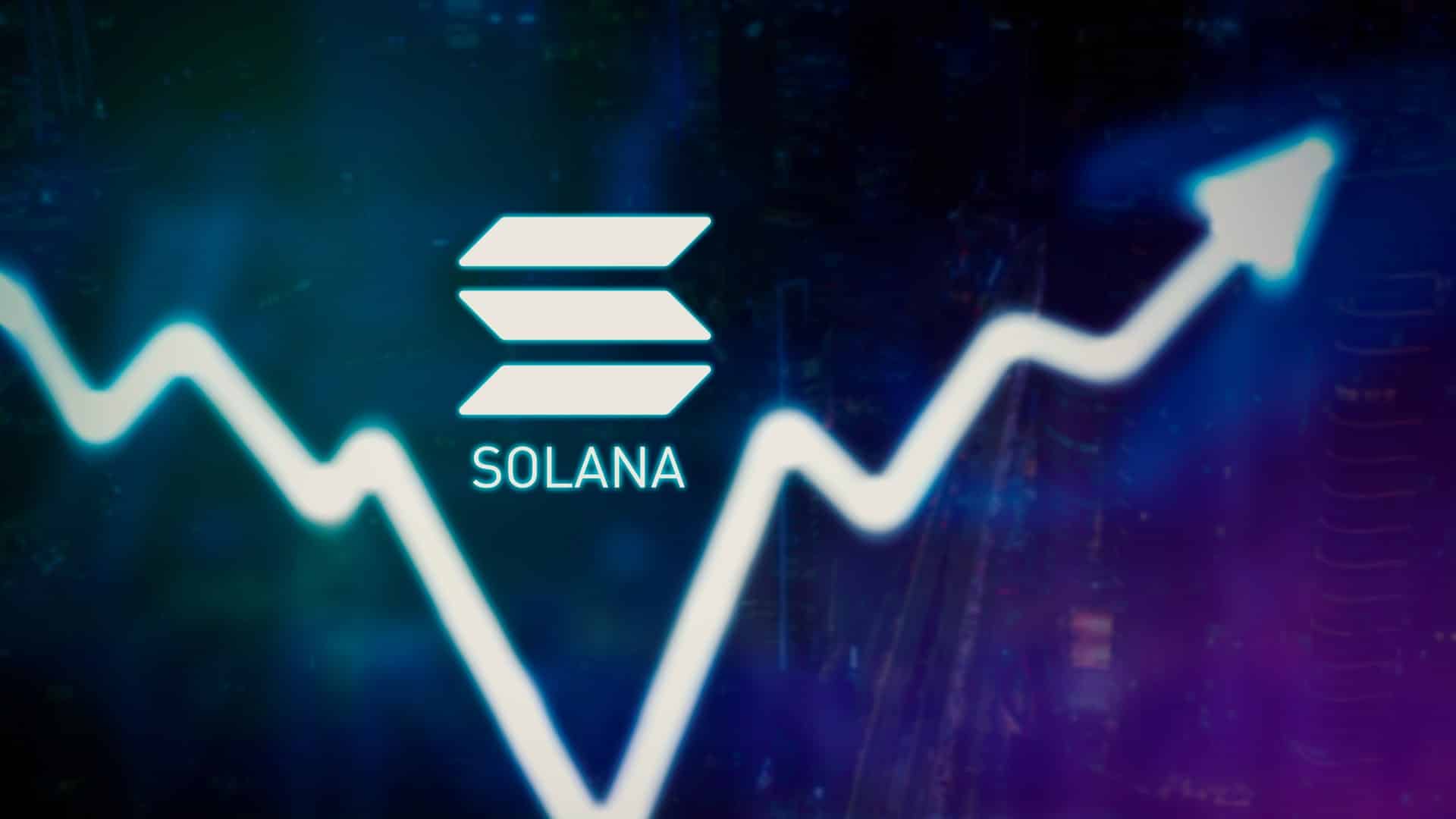Securitisation transaction could be defined as the act of converting an asset into marketable securities typically for the purpose of raising cash.
The concept is based on international market practices involving financial transactions in which an enterprise brings together assets, mostly receivables, and later transferred to a special purpose entity or vehicle, which finances the acquisition by issuing securities.
Securitisation is typically an improvement to the financing of existing business operation.
Securitisation transactions are very popular with mortgage-backed securities; there are currently more non-financial types of assets and future cash flows. The following are examples of assets that can generally be securitised.
Aircraft leases, auto loans(prime and sub-prime),auto leases, boat loans, credit card receivables, equipment leasaes,home equity loans, manufactured housing contracts, marine shipping containers and chassis leases,morgages(residential and commercial).The rest are railcar leases, real estate, recreational vehicle loans, royalty streams, stranded utility costs, trade receivables, train wagons leases, truck loans, oil exploratory, and other future receivables.
Ghana School Financing Facility is Ghana’s first official “securitisation transaction”. It is a structured risk-sharing facility which covers a local partner bank’s initial portfolio of long-term local currency loans to schools. The objective was to help local banks to learn how to make money and contribute to development in the country as well.
The International Finance Corporation (IFC) provides advisory services to the banks to process and monitor the school loans whilst at the same time assisting the local schools with management training and strategic planning to enable the schools operate more like sustainable businesses. This helped to improve their credit risk profile with the banks.
The IFC set up a $2.1million risk-sharing facility with Ghana’s Trust Bank Ltd supplemented by advisory services by IFC and African Development Bank to the Trust Bank and its client schools.
It is expected that The Trust Bank will increase its size and financing to private schools, implement cost-effective, alternative funding mechanism for schools. It will also afford the bank the opportunity to prepare itself for securitisation transaction when the market is ready.
The following gives an insight into an industry for a potential Securitisation transaction in Ghana.
Ghana has a modest upstream oil industry with one onshore and five offshore sedimentary basins. The main drive behind the oil and gas industry in Ghana is the need to reduce the country’s dependence and reliance on hydroelectricity.
The authorities are usually targeting a “primary” budgetary surplus to reduce the overall budgetary deficit and the domestic debt. Oil subsidies have been cut back, but public sector wages have been increased. Nevertheless, the recent computerization of customs should increase tax and public sector revenues, and contain the overall budgetary deficit.
A number of initiatives to boost cassava, textiles and palm oil should increase non-traditional exports while strong prices for cocoa and gold should lead to higher export earnings. High oil prices continue to hurt Ghana. It is estimated that oil imports will make up over 20% of the total import bill, leaving the economy vulnerable to large price swings. Large transfers, IFI credits, donor support and generous debt relief from the Paris Club have brought the external current account deficits at more manageable levels.
Schemes, and reforms, such as increasing low electricity tariffs towards international levels. Since the mid-1980s the Government of Ghana has been financing projects using small levies on petroleum products. The US$ 250,000 raised annually is paid into an Energy Fund and used to promote renewable energy and energy efficient projects.
In Ghana petroleum operations are governed by the Petroleum Law of 1984 which empowers GNPC to operate in all open acreage of the country on its own or in association with foreign partners.
Smaller companies are finding it easier to explore in Ghana than in some of its neighbours in West Africa. This is due in part to advantageous terms of the contract which include the following elements: No front end payments such as signature or production bonuses; negotiable royalties and income tax (currently at 35%); no limit on cost recovery, low rental payments, no restrictions on the repatriation of funds and no import duties on exploration and production equipment and materials…
With securitisation, the GNPC can securitise its rights to receive payments for crude oil sold to other oil refineries. The agreements representing those receivables must be drafted such that anti-assignment clauses in favour of the refineries for example will be beneficial but must not be enforced since in doing so the securitisation cannot go on.Ghana and for that matter Ghanaians must benefit from this black gold.
Reference:
1.Africa -Ghana organising in the informal sector(on line) (accessed 29th April 2006)
2.Ghana Chamber of Commerce Newsletter
3.Ghana Self-assessment (online)available on ghanaembassy.dk/tax/asp.cata.org.my/Ghana1 accessed on 21/06/07
4.Private Sector Development Strategy for Ghana (online) available on dfid.gov.uk/pubs/files/ghana/priv-sect-dev-strategy/ accessed on 21/06/07
5.Securities Exchange Commission annual Report (online)available on secghana.org/publications/annualreport/ accessed on 21/06/07
John Whonderr-Arthur, Ph.D. Esq
- A Look Back at Bitcoin’s Historic Year 2024: From ETFs to New All-Time Highs - December 31, 2024
- Ethereum Price Could Skyrocket in 2025: Here’s What Experts Expect 🚀📊 - December 31, 2024
- How Trump’s Politics Could Send Ethereum to the Moon—Or Just to Mar-a-Lago? - December 30, 2024



![The strategic approach to AI in the enterprise 6 Top 10 Leading Countries in AI Research and Technology [current_date format=Y]](https://cryptheory.org/wp-content/uploads/2023/08/ai-strategie.jpg)



















